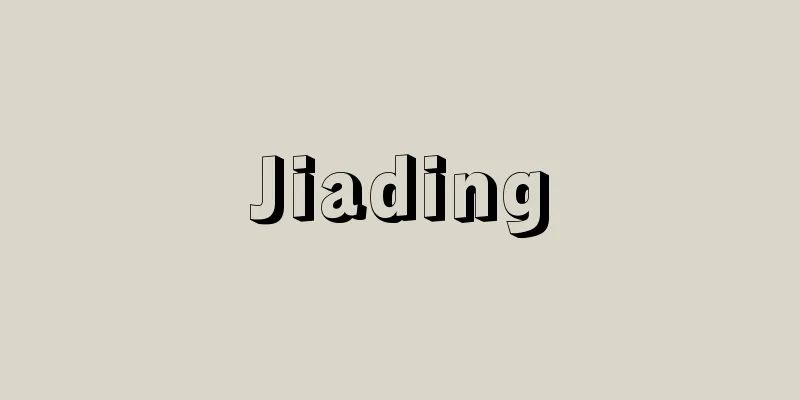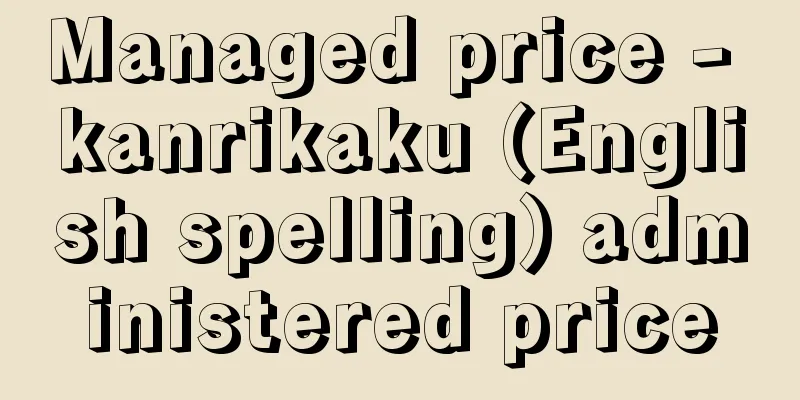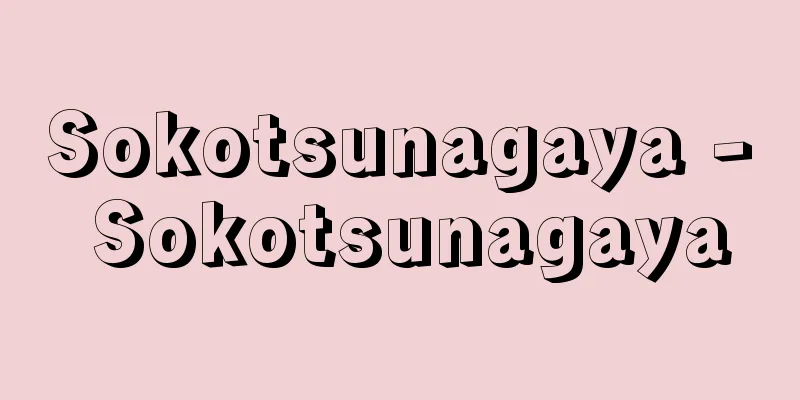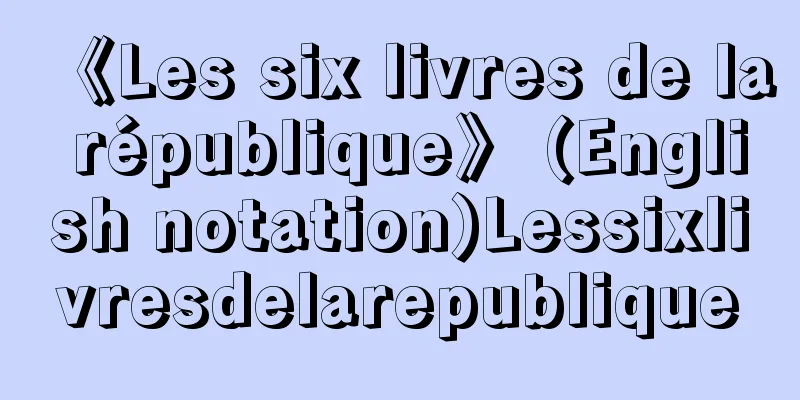Instigator - Kyosahan
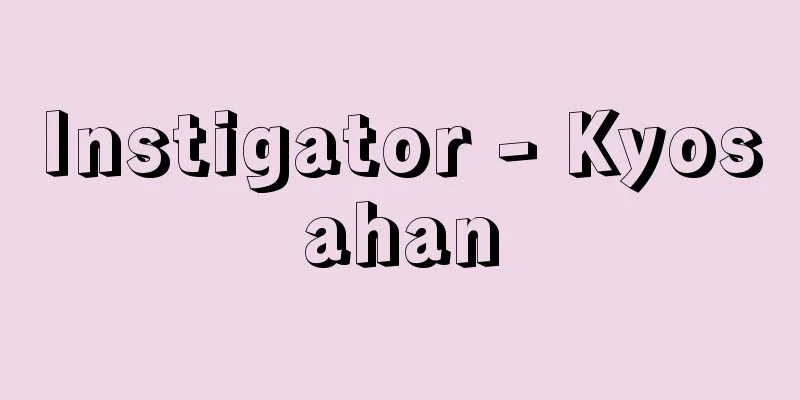
|
A form of complicity, especially in the narrow sense. It is established when one incites another to commit a crime (Article 61, Paragraph 1 of the Penal Code). Instigators are "sentenced to the same extent as the principal." In other words, they are punished within the same statutory range as the principal (however, in determining the actual punishment, the instigator may be sentenced to a heavier sentence than the principal). Instigation requires the act of instigating another and the instigated person committing a crime as a result. Instigating someone means making someone else decide to commit a specific crime. There are various methods of instigation, such as official orders, threats, and offering money, but they must be suitable for inducing the decision (intention) to commit a specific crime. Therefore, it is not enough to simply say "Kill someone" or "Steal money," but on the other hand, it is not necessary to specify in detail the date, time, place, and method of the crime. Instigating someone who has already decided to commit a crime is not possible, and only when you make it easier for the other person to commit the crime, you will be punished as an accessory (Article 62 of the Penal Code). In relation to "sting operations," there is a debate about whether "instigation of an attempt," that is, instigation with the intention of ending it as an attempt, is a crime of instigation, but the prevailing view and precedents are in favor of this. Next, in order for the crime of instigation to be established, the instigated person must actually decide to commit a crime based on the act of instigation and put it into action. Therefore, if the instigated person does not develop criminal intent or does not actually put his or her criminal intent into action, this is called "attempted instigation" and the crime of instigation is not recognized (though there are a few who support this). In addition, the case of "instigate[ing] the instigator" is called indirect instigation, and like normal instigation, the principal offender is punished (Penal Code, Article 61, Paragraph 2). However, in the case of further instigation of an indirect instigator, although precedents and some academic theories interpret this as indirect instigation, it should be rejected and interpreted as non-punishable. [Tetsuro Nawa] [Reference] | | |Source: Shogakukan Encyclopedia Nipponica About Encyclopedia Nipponica Information | Legend |
|
共犯、とくに狭義の共犯の一形態。人を教唆して犯罪を実行させる場合に成立する(刑法61条1項)。教唆犯には「正犯の刑を科する」。すなわち、教唆犯は正犯と同じ法定刑の範囲内で処罰される(ただ、実際の刑の量定において、教唆者が正犯者より重い刑を宣告されることもありうる)。教唆犯が成立するためには、人を教唆する行為、およびこれにより被教唆者が犯罪を実行したことが必要である。 人を教唆するとは、他人に特定の犯罪を実行する決意を生じさせることである。教唆の方法としては、職務上の命令、脅迫、金銭の提供などさまざまであるが、特定の犯罪を実行する決意(犯意)を生じさせるに適したものでなければならない。したがって、ただ漠然と「人を殺せ」とか「金を盗(と)ってこい」というだけでは足りないが、逆に、犯行の日時、場所、方法など細部にわたり具体的に特定する必要はない。すでに犯行を決意している者への教唆はありえず、相手の犯行を容易にした場合に限り従犯(刑法62条)として処罰されるにすぎない。なお、「おとり捜査」に関連して、「未遂の教唆」すなわち、あらかじめ未遂に終わらせるつもりで教唆する場合につき、教唆犯の成否が争われているが、これを肯定するのが通説・判例である。 次に、教唆犯が成立するためには、被教唆者が教唆行為に基づき現に犯罪を決意し、実行に移すことを要する。したがって被教唆者が犯意を生じなかったり、現に犯意を実行に移さなかった場合には、「教唆の未遂」とよばれ、教唆犯は認められない(少数ながら肯定説もある)。 なお、「教唆者を教唆した」場合を間接教唆とよび、通常の教唆犯と同様、正犯の刑を科する(刑法61条2項)。ただし、間接教唆者をさらに教唆する再間接教唆の場合には、判例および一部の学説はこれを間接教唆と解するが、むしろこれを否定し、不可罰と解すべきであろう。 [名和鐵郎] [参照項目] | | |出典 小学館 日本大百科全書(ニッポニカ)日本大百科全書(ニッポニカ)について 情報 | 凡例 |
Recommend
Duke of Urbino
In 66 he was hired as the commander-in-chief of t...
Agam, Y.
...From the late 1950s, a major movement in kinet...
Aboriginal
...refers to the indigenous people who lived on t...
Collar change - Erigae
"From changing the color of Juban's colla...
Campidoglio (English spelling)
A temple dedicated to the three gods Jupiter, Juno...
Nanen - Nanen
A facility related to Heijo Palace. It was first m...
Cooling off
A system that allows consumers to unilaterally ter...
Oronuku
…Originally, the act of pulling out seedlings of ...
Bookmark | Branch - Bookmark
Bookmarks are generally thought to be tree branche...
Ebers Papyrus
…These scientific knowledge were written down on ...
Sample survey - Hyohonchosa (English spelling)
It is also called a sampling survey. There are tw...
Ardenne, M. von (English spelling) Ardenne M von
...As the computer age began, computers were quic...
Jincheng (China)
…The history of silk weaving in the Sichuan regio...
Henza Island
An island located in the northeast of the Yokatsu ...
excisional biopsy
...A method of making an incision and removing pa...




